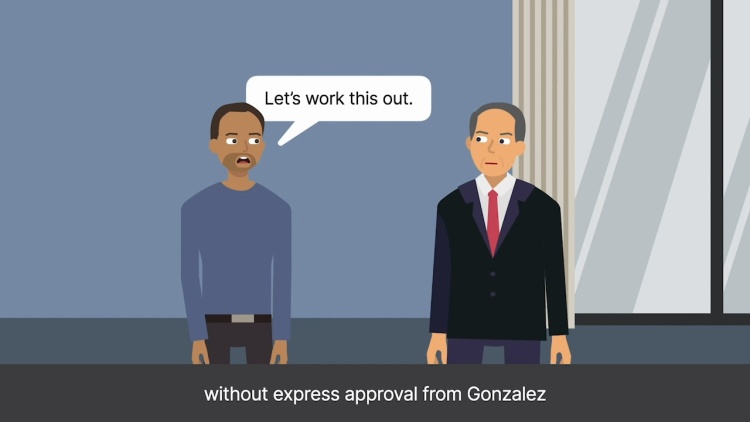Burns v. Gonzalez
Texas Court of Civil Appeals
439 S.W.2d 128 (1969)
- Written by Robert Cane, JD
Facts
In 1957, William Burns (plaintiff) and Roloff Evangelistic Enterprises, Inc. (Roloff) entered into a contract with Inter-American Advertising Agency (Inter-American), a partnership owned by Arturo Gonzalez and Ramon Bosquez (defendants), for the purpose of purchasing broadcast time on XERF, a radio station owned by Compania Radiodifusora de Coahuila, S.A. (Radiodifusora), as long as the radio station remained on air. Roloff assigned his contractual rights to Burns, with approval of Inter-American and Radiodifusora. The radio station failed to fulfill its contractual obligations to Burns and his clients. In 1962, Bosquez executed a promissory note payable to Burns in exchange for a promise not to sue Radiodifusora. In 1963, Burns and Bosquez, acting on behalf of Radiodifusora and Inter-American, entered into a contract recognizing the 1957 contract, but not the 1962 note. The parties agreed that Radiodifusora would make broadcast periods available to Burns. Burns agreed to pay Radiodifusora money from the sale of broadcast time and to not file suit against Radiodifusora. The contract contained an integration clause. The trial court found that the note was an obligation of the partnership, despite Gonzalez’s denial under oath that Bosquez had the authority to execute the 1962 note. The court relieved Gonzalez of liability based on the 1963 agreement. Burns appealed to the Texas Court of Civil Appeals.
Rule of Law
Issue
Holding and Reasoning (Cadena, J.)
What to do next…
Here's why 907,000 law students have relied on our case briefs:
- Written by law professors and practitioners, not other law students. 47,100 briefs, keyed to 996 casebooks. Top-notch customer support.
- The right amount of information, includes the facts, issues, rule of law, holding and reasoning, and any concurrences and dissents.
- Access in your classes, works on your mobile and tablet. Massive library of related video lessons and high quality multiple-choice questions.
- Easy to use, uniform format for every case brief. Written in plain English, not in legalese. Our briefs summarize and simplify; they don’t just repeat the court’s language.





